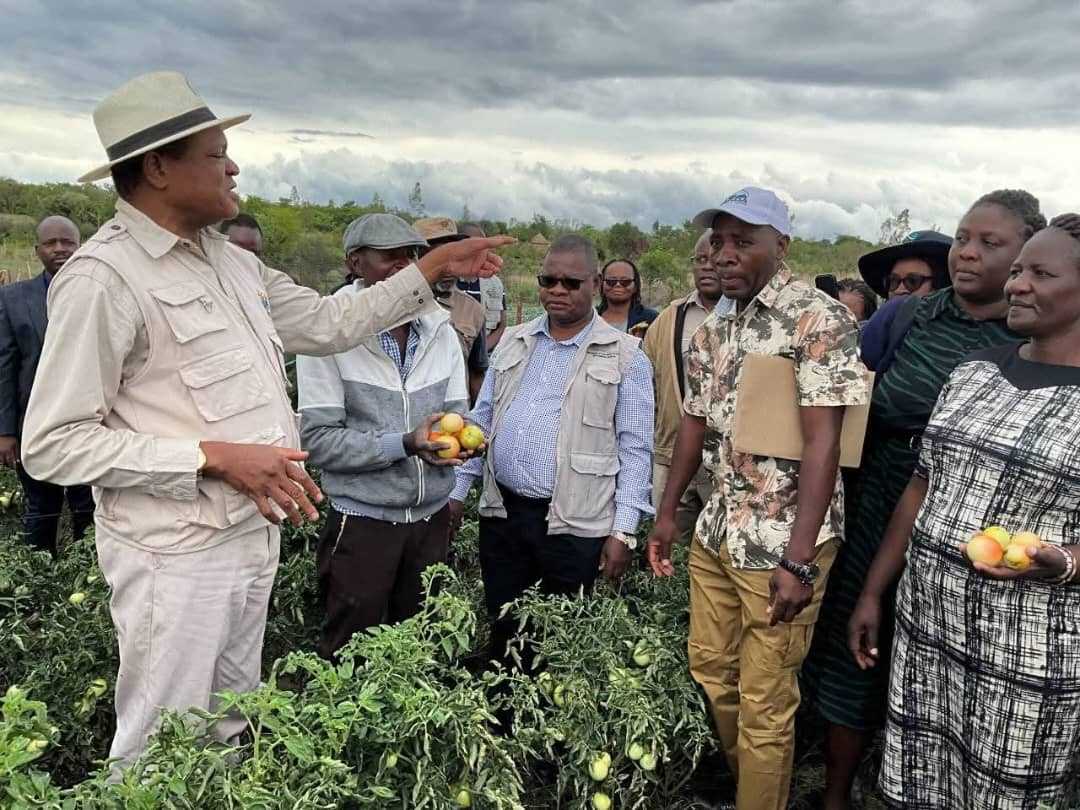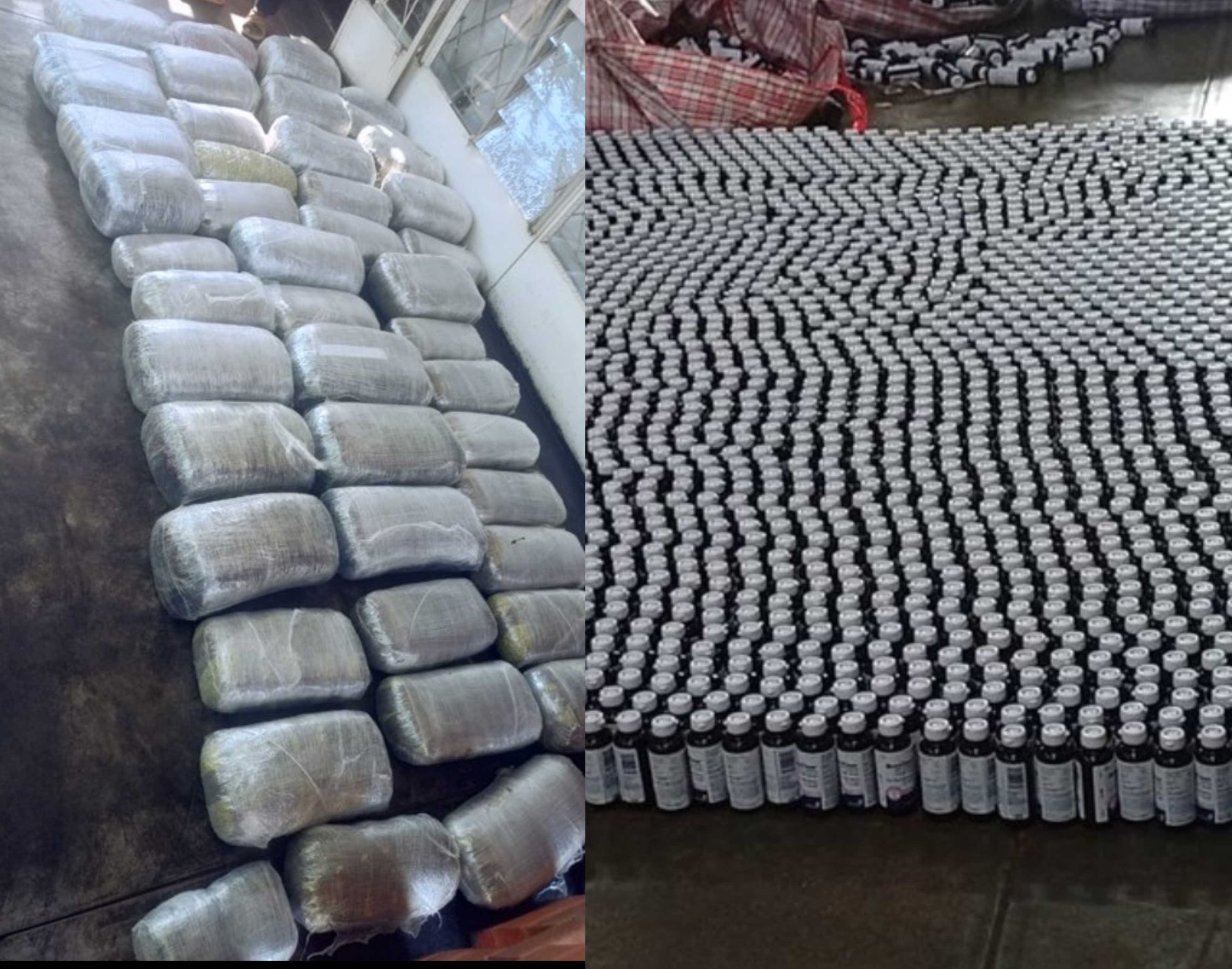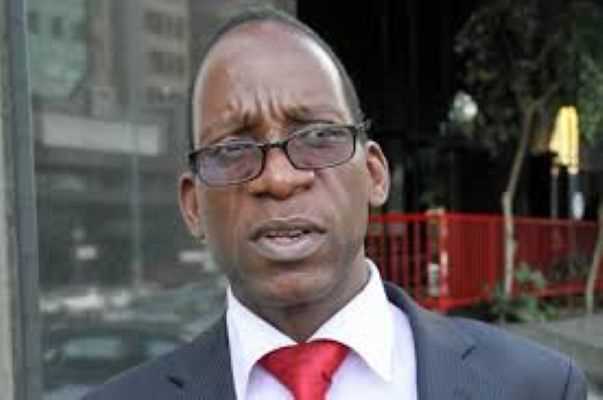
Rutendo Mazhindu - ZimNow Reporter
Government has intensified efforts to climate-proof agriculture through irrigation-driven horticulture, with authorities declaring it the cornerstone for sustainable national food security and economic growth.
Permanent Secretary in the Ministry of Lands, Agriculture, Fisheries, Water and Rural Development, Professor Obert Jiri, said irrigation is now central to agricultural policy as Zimbabwe moves to reduce reliance on increasingly unpredictable rainfall patterns.
“We are shifting decisively from rainfed farming because it can no longer sustain the ambitions of a modern horticultural sector. Irrigation is the game-changer,” he said while inspecting progress at Ruago Farm in Goromonzi.
Professor Jiri cited the July 5 Irrigation Investment Conference, which was officiated by President Mnangagwa, as a pivotal moment that attracted firm commitments from private sector players now rolling out irrigation infrastructure on the ground.
Related Stories
“We are not just talking. We are seeing irrigation companies investing. The President’s leadership is galvanising real action across the country,” he said.
He revealed that the government is targeting to increase irrigated land for horticulture from the current 10,000–15,000 hectares to 35,000 hectares by 2030 under Accelerator Model through Village Business Units.
“This expansion has the potential to triple productivity and anchor the development of a US$2 billion horticulture industry,” he said.
Professor Jiri also noted that major progress is already visible in high-value crops, stating “We are seeing serious growth in blueberries, avocados, pecan nuts, and key vegetables like tomatoes and rape. These are laying the groundwork for Zimbabwe’s horticultural resurgence.”
The government has repeatedly stated that irrigation will be key in achieving food self-sufficiency and generating export earnings through the revitalised horticulture sub sector.


















Leave Comments